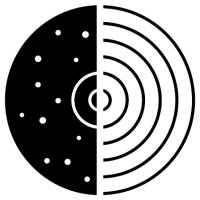
The Night Science Podcast
@nightsciencepod
The Night Science Podcast explores the scientific creative process, with your hosts @ItaiYanai and @MartinJLercher
youtube.com/@NightScienceP…
ID: 1381381937319796749
https://nightscience.buzzsprout.com 11-04-2021 23:01:48
250 Tweet
4,4K Followers
59 Following
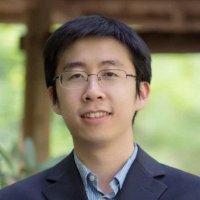

David Baker talks about how the current uncertainty and instability hinder creativity because of the difficulty in thinking long-term. From this week’s Night Science Podcast. The Night Science Podcast
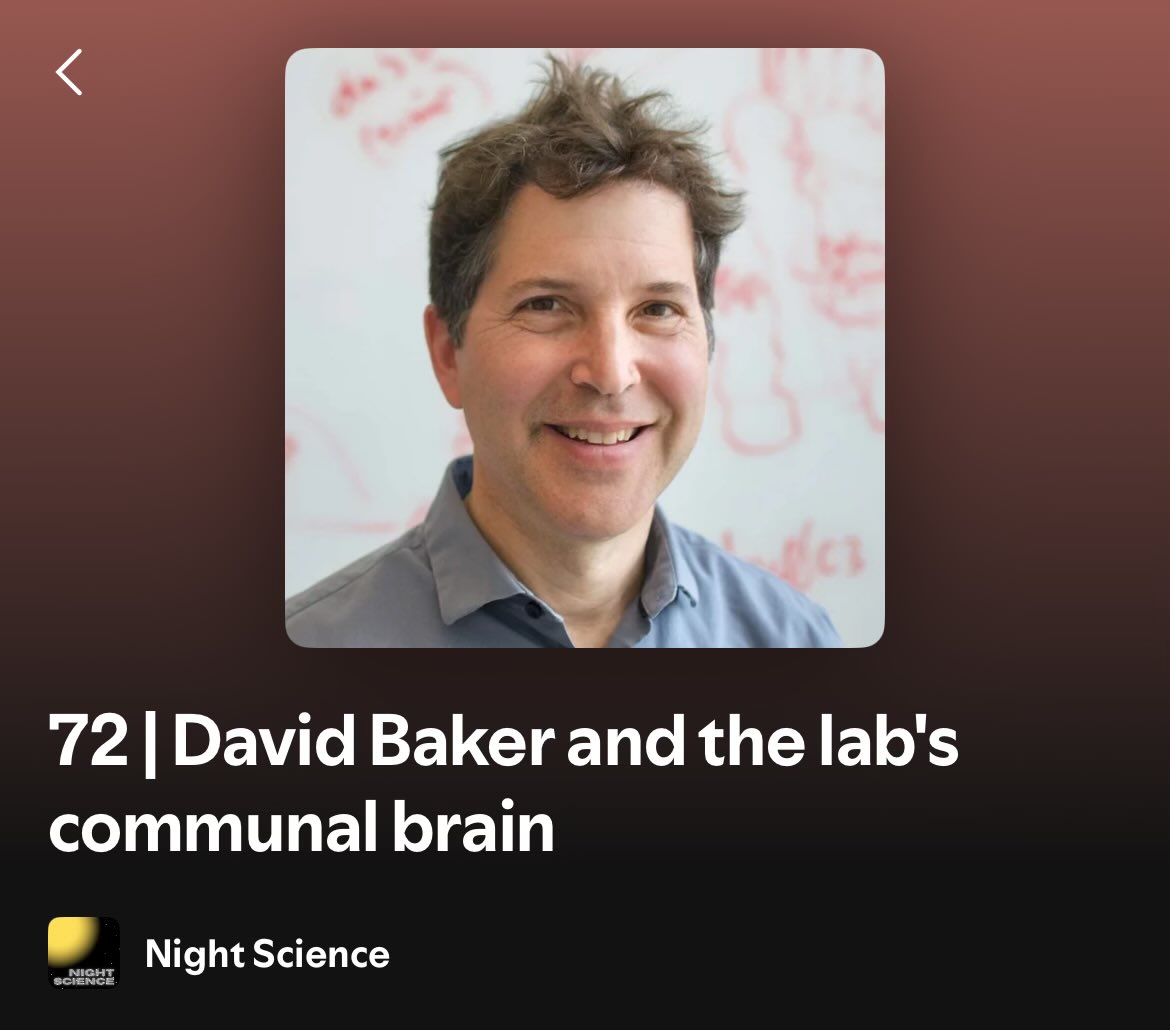


How can we exploit AI's hallucinations to make us more creative by generating new connections and ideas? We talk about it on this week's Night Science Podcast The Night Science Podcast
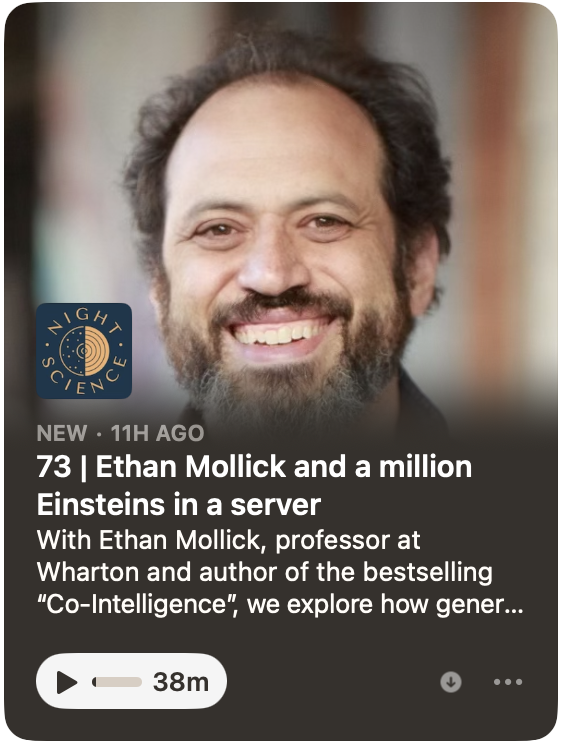

Rather than keeping our techniques private, how can the scientific community promote more transparency and open sharing for the kind of prompts that make AI good for creativity and ideation? Ethan Mollick on the Night Science Podcast. The Night Science Podcast nightscience.buzzsprout.com/1744020/episod…
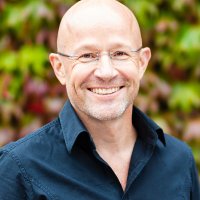

Is the genome just a bag of genes? A new paper in Science Magazine now reports that for two thirds of an organisms' genes the position along the chromosome is actually very tightly constrained! Amazing work from my favorite night scientist Martin Lercher and his team!
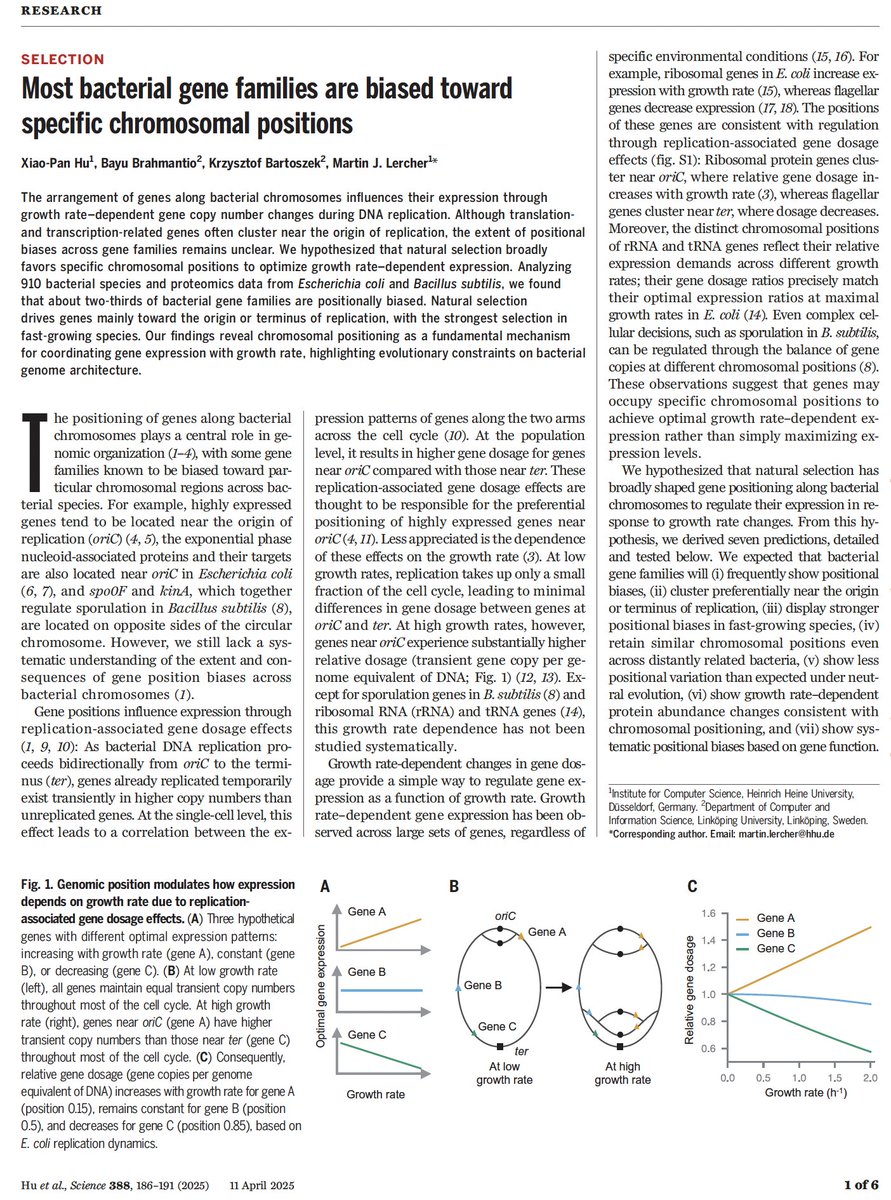


New Night Science Podcast episode! Martin Schwartz from Yale University talks with us about the importance of stupidity in scientific research, how the ego can obstruct creativity, and how resilience, self-discovery, and the cultivation of "passionate indifference" – are key in science.
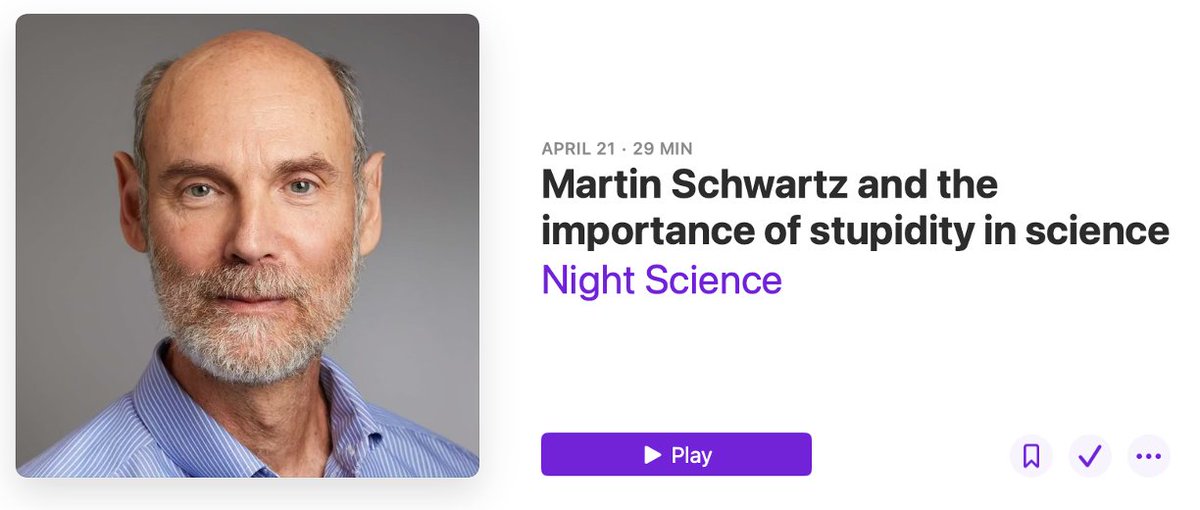

🔥The "Postdoc Night Science Germany" club will have its first meeting this Friday, May 16 at HHU Düsseldorf. Join us postdocs for a session on how to find the gorilla hiding in your data! I'll lead this together with Martin Lercher. Register here: docs.google.com/forms/d/1zgbuW…


6/ P.S. BrainFREEZE was inspired by the fantastic The Night Science Podcast. Can’t recommend it enough! 🎧


AI Trick #1 for coming up new ideas: Think alone first! AI is persuasive – and able to spit out a lot of content quickly – so going to it first can severely constrain your ability to think differently. Ethan Mollick also talked about this on the The Night Science Podcast.





